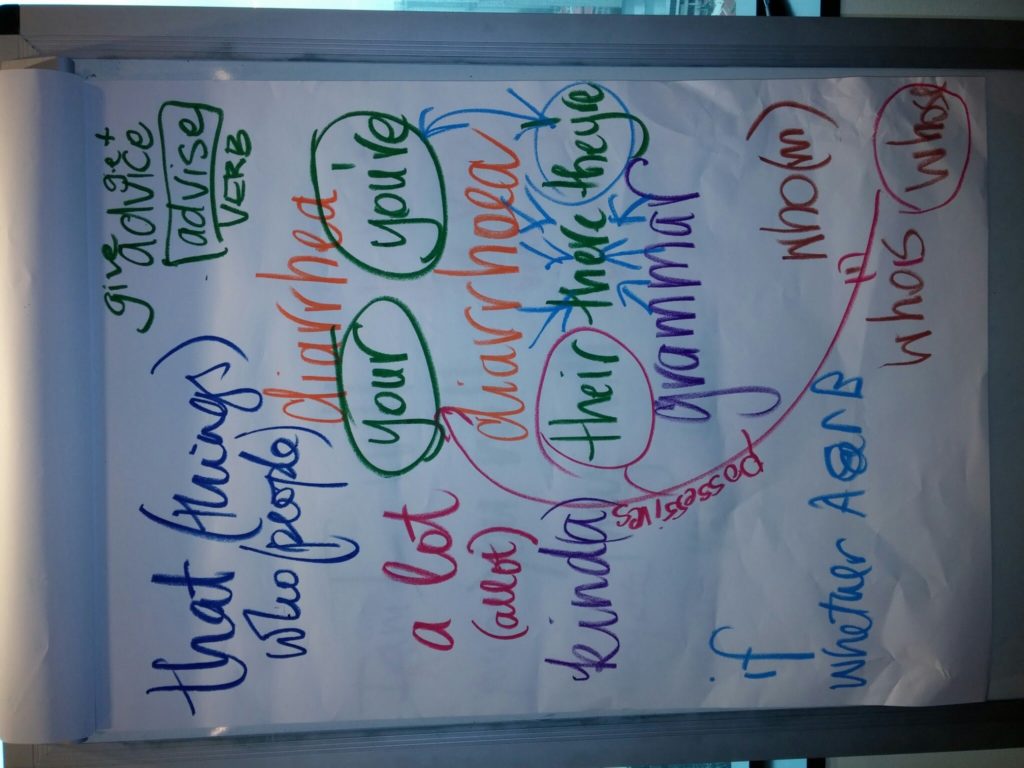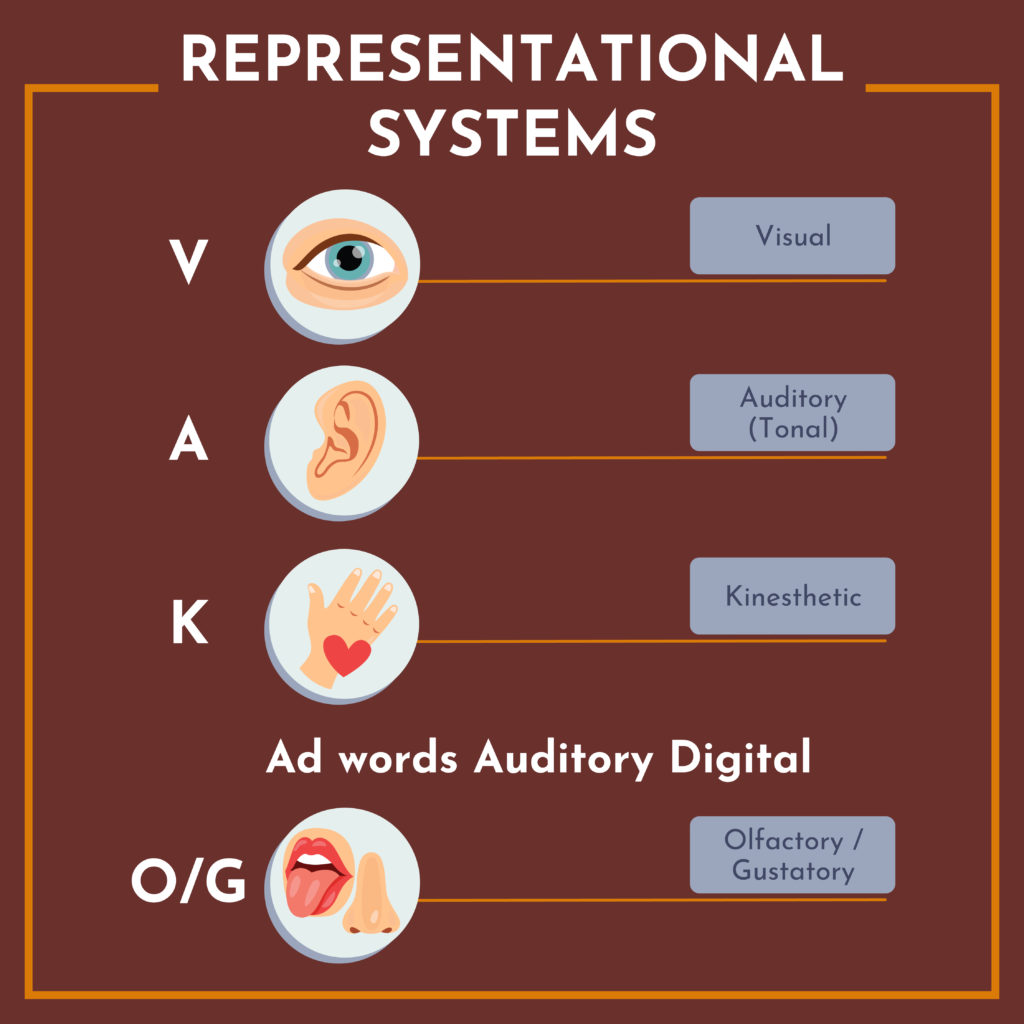So, Change Management.
I’ve been working in getting people to adapt to and adopt change for a while, and I was mystified why some of my colleagues and friends insisted that I needed training to be able to fill in a heap of “forms” like Change Readiness Assessment and Stakeholder blah blah blah. Sure, I’d analysed change readiness, I’d looked at the comms and change needs of individuals about to undergo change (or already going through it). I have come to realise that what I call change ain’t always what others say change is. It’s little wonder that job ads literally use the names of forms to describe change management roles, because of course recruiters are not in fact change people, and the forms are a way to give them a handle on it.
I’ve been collecting different ideas of what people think change management is all about, and there’s at least these:
- Shepherding in changes / training people to use it – this could be anything from new ways of working (moving to (or from) agile, restructures, offshoring) to new or changed software or even a new office set up
- Communicating, influencing and persuading people to take on the change or get ready for the change
- Signing off and controlling software changes
There’s this article from Teal HQ outlining top skills for Organisational Change Management / Managers. They define the role as one that:
- bridges the gap between strategic vision and practical implementation so organisations can adapt and thrive in an ever-evolving global marketplace.Then there’s this white paper by Lena Ross, outlining five capabilities for change leaders. They come to:
- harmonises the human and operational aspects of change initiatives
- ensures seamless transitions and sustainable organizational growth
- plays a crucial role from corporate restructurings and mergers to digital transformations and process optimisations
- acts as catalyst for positive change, navigating the intricate dynamics of people, processes, and systems
- understands organisational behavior and change management principles
- aligns stakeholder interests
- mitigates risks
- cultivates an environment conducive to innovation and continuous improvement.
- empowers organizations to embrace change proactively, seize new opportunities, and maintain a competitive edge
I’ll continue to add to this post over time as I find definitions and skill sets. Look at the Change tagged posts for more interesting and useful ideas.




